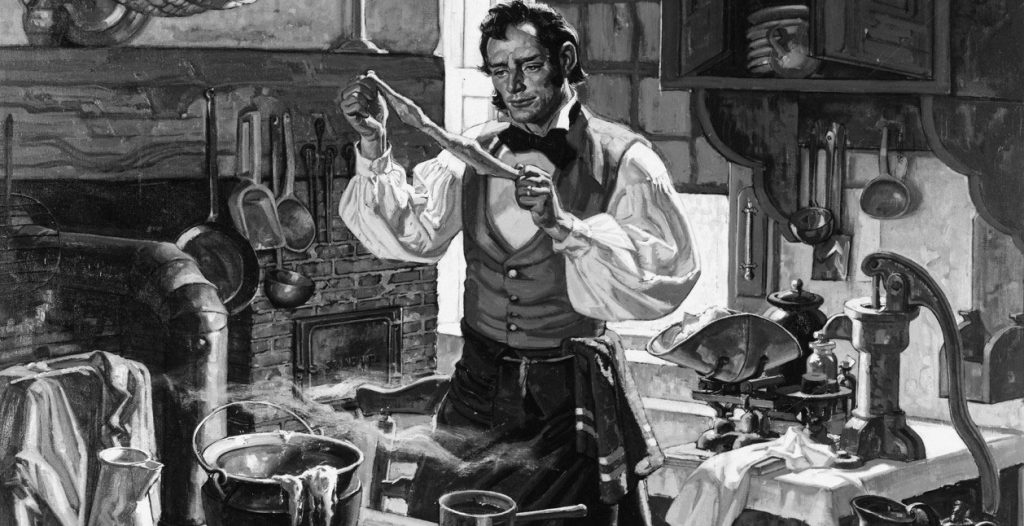
Charles Goodyear was an American inventor who revolutionized the rubber industry with his discovery of vulcanization. Before his breakthrough, natural rubber was prone to becoming sticky and brittle in hot or cold weather, making it impractical for many industrial applications. Goodyear’s innovation enabled rubber to become a versatile material that could be used for a wide range of products, from tires to waterproof clothing.
Born in New Haven, Connecticut in 1800, Goodyear struggled financially throughout his life, often facing bankruptcy and financial ruin. Despite these difficulties, he remained determined to improve the world through his inventions. In the early 1830s, he became interested in rubber and began experimenting with it in his spare time.
Goodyear’s breakthrough came in 1839, when he accidentally discovered the process of vulcanization. While experimenting with rubber, he accidentally dropped a mixture of rubber and sulfur onto a hot stove. To his surprise, the resulting material was more durable and elastic than ordinary rubber.
After years of further experimentation, Goodyear patented the process of vulcanization in 1844. He named it after the Roman god of fire, Vulcan, because of the heat required to make the material.
Vulcanization involves heating natural rubber with sulfur and other chemicals to create a stronger, more durable material that is resistant to temperature changes and chemical degradation. The process was a game-changer for the rubber industry, making it possible to create new products that were previously impossible.
Goodyear’s invention helped to create a new industry in the United States, leading to the growth of companies such as Goodyear Tire and Rubber Company, which is still a major manufacturer of tires today. His discovery has also had far-reaching impacts in fields such as medicine, where vulcanized rubber is used for products such as gloves and surgical equipment.
Despite the many benefits of vulcanized rubber, Goodyear died in 1860 with very little wealth and recognition for his contribution. Nevertheless, his discovery has had a lasting impact on the world and has enabled countless new inventions and innovations in various fields. Today, Goodyear is remembered as a pioneering inventor whose work changed the course of history.
Immense contribution to Malaysia

The invention of vulcanized natural rubber contributed to the development of the natural rubber industries, especially rubber tyres for the car industry in the late 9th century and the early 20th century. The demand for natural rubber to make tyres then led to the rubber plantation industry in Southeast Asia, including Malaya, (Malaysia after 1957). Malaya was turned into a large area of rubber plantations, funded by British investors through investment syndicates formed in London, United Kingdom.
We, Malaysians, owed our gratitude to Charles Goodyear.